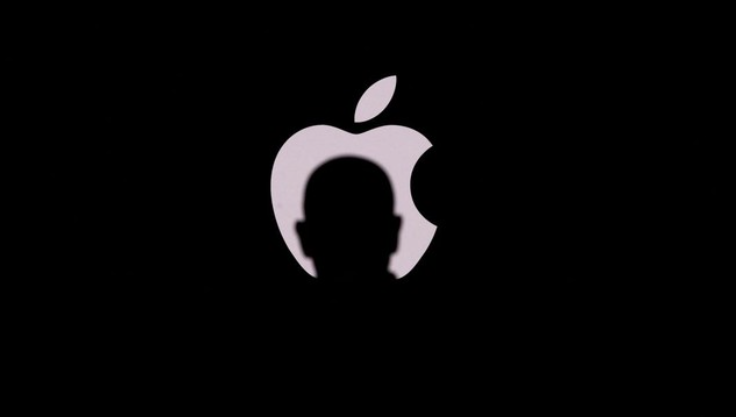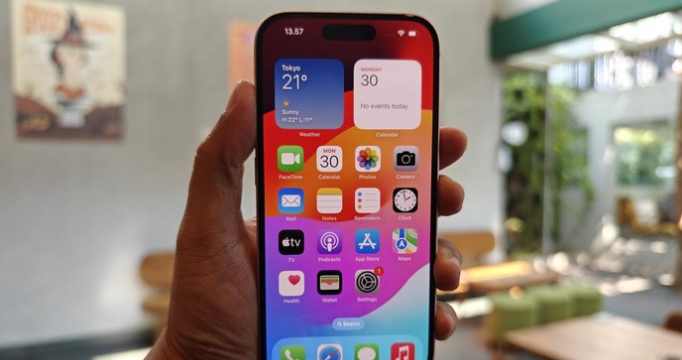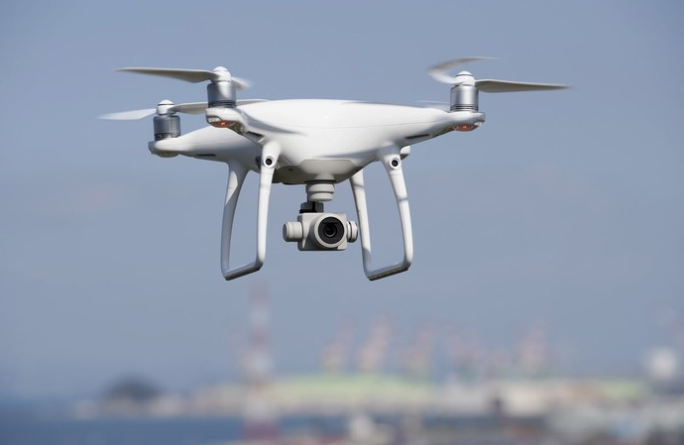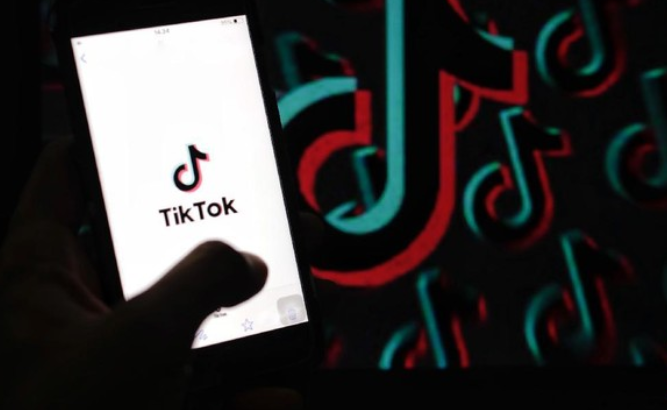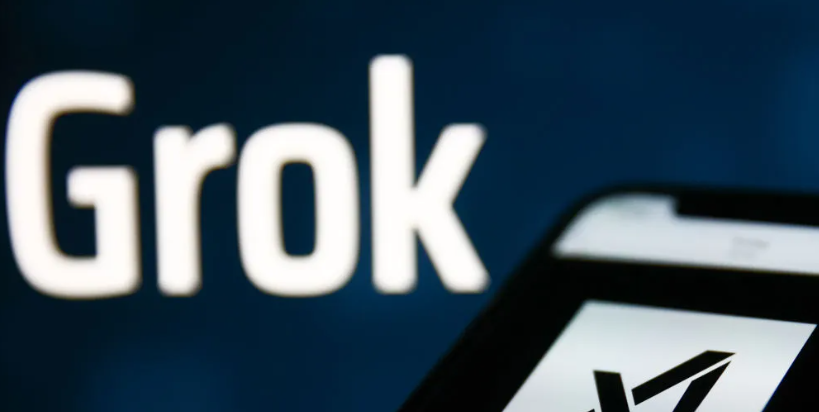United States Sues Apple Regarding Alleged Illegal Monopoly
Morrissey Technology – The United States Department of Justice sued Apple for allegedly carrying out an illegal monopoly in the smartphone market. The US Department of Justice, along with 16 state and district attorneys general, accused Apple of raising prices for consumers and developers by making users more dependent on its phones. This complaint was filed with the US District Court for the District of New Jersey, reported The Verge.
Attorneys general from New Jersey, Arizona, California, Connecticut, Maine, Michigan, Minnesota, New Hampshire, New York, North Dakota, Oklahoma, Oregon, Tennessee, Vermont, Wisconsin, and the District of Columbia joined the US Department of Justice in the complaint.
“Apple uses its monopoly power to get more money from consumers, developers, content creators, artists, publishers, small businesses and merchants, among others,” wrote the US Department of Justice, Friday (22/3).
According to the US Department of Justice, Apple has so far responded to the threat of competition by implementing a series of ‘Whac-A-Mole’ contract regulations and restrictions which have apparently harmed other parties.
“For years, Apple responded to competitive threats by implementing a series of ‘Whac-A-Mole’ rules and contract restrictions that allowed Apple to extract higher prices from consumers, impose higher costs on developers and creators, and limit the competitive alternatives of consumers and rival technology,” said Jonathan Kanter, Chief of the Antitrust Division, US Department of Justice.
Law enforcers are therefore asking the court to stop Apple from using its control over app distribution to undermine cross-platform technologies such as cloud streaming apps, then messaging, smartwatches and digital wallets.
Additionally, in a press conference on Thursday (21/3) announcing the lawsuit, US Department of Justice Deputy Attorney General Lisa Monaco said Apple had maintained control over competition by strangling entire industries through its shift to revolutionizing the smartphone market.
In a statement, Apple spokesman Fred Sainz said the lawsuit threatens and hinders them from innovating in technology.
“These allegations threaten us and the principles that differentiate Apple products in a highly competitive market. If successful, these allegations will hinder our ability to create the type of technology that users expect from Apple,” said Fred, reported by The Verge.
“Where hardware, software and services will intersect. This would also set a dangerous precedent, as it empowers the government to take an outsized role in designing society’s technology. We believe this lawsuit is wrong on the facts and the law, and we “I will defend myself with all my might,” he added.
Currently, Apple is also trying to stop this case. One of the developers of applications for iOS, Spotify, they have complained for years about the platform’s closed and often opaque market. Spotify, which runs a paid subscription service on iOS, requires a 15 to 30 percent cut from Apple to offer on its platform.
Europe, which has previously moved ahead of the US in its efforts to control technology under the law, has succeeded in fining Apple.
Earlier this month, the European Commission fined Apple €1.84 billion (about $2 billion) in connection with complaints from Spotify about its restrictive app store practices.
The European Union (EU) said its investigation found that Apple indeed prohibited music streaming service developers from providing complete information to iOS users.
“Apple prohibits music streaming application developers from providing complete information to iOS users about alternative and cheaper music subscription services available outside the application,” wrote the European Union (EU) as reported by The Verge FOR4D.



